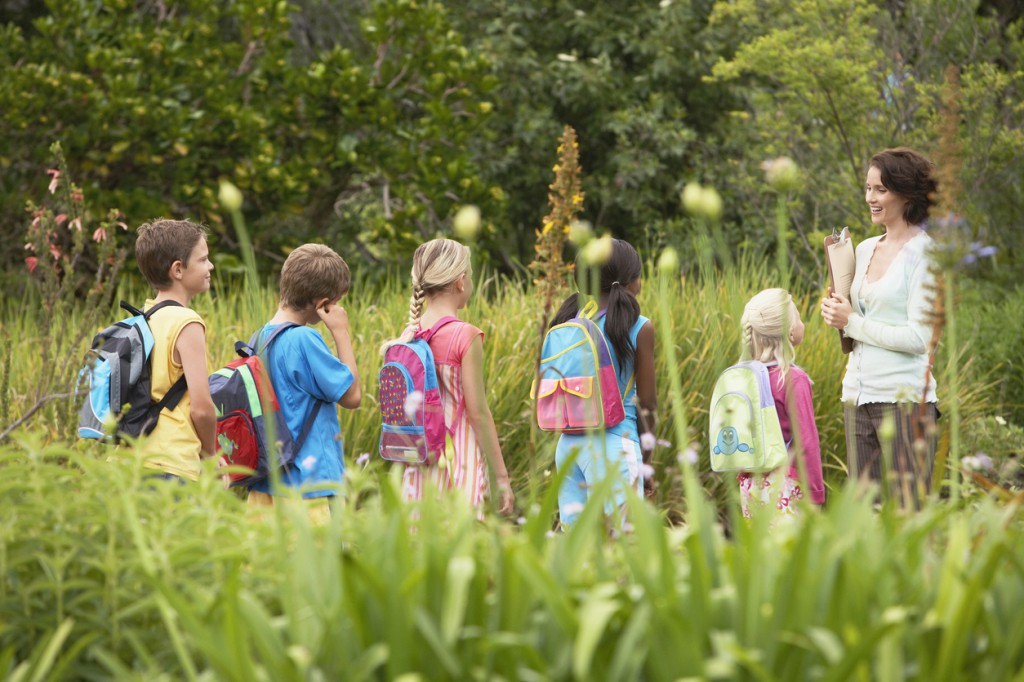
With digital screens increasingly dominating our lives, it’s crucial to remember the value of outdoor education. Stepping outside the traditional classroom walls and immersing students in nature provides a wealth of benefits that extend far beyond textbooks and lectures. In this blog post, we’ll explore the advantages of outdoor education and how it can enhance students’ learning experiences.
Connecting with Nature:
Spending time in nature allows students to develop a deep connection with the environment. This connection fosters a sense of wonder, curiosity, and respect for the natural world. By immersing themselves in outdoor settings, students can learn about ecosystems, biodiversity, and the delicate balance of nature firsthand.
Physical and Mental Health:
Outdoor education promotes physical fitness and helps combat the sedentary lifestyle often associated with classroom learning. Physical activities such as hiking, canoeing, or team-building games provide opportunities for exercise and develop gross motor skills. Spending time in nature also contributes to mental well-being, reducing stress, improving mood, and increasing focus.
Experiential and Hands-on Learning:
Outdoor education provides experiential learning opportunities that engage all the senses. By actively participating in activities like identifying plant species, measuring water quality, or studying animal behaviour, students gain practical knowledge while fostering a sense of adventure and exploration. These hands-on experiences often result in a deeper understanding and retention of the subject matter.
Environmental Stewardship:
Exposing students to environmental conservation initiatives through outdoor education cultivates a sense of responsibility and stewardship. By learning about sustainability, recycling, and reducing their ecological footprint, students develop a long-term commitment to preserving the environment. This empowers them to become active contributors in creating a more sustainable future.
Social and Emotional Growth:
Outdoor education also encourages teamwork, collaboration, and problem-solving skills in a natural setting. Students must communicate effectively, solve challenges collectively, and adapt to various situations. By working together to overcome obstacles, students develop stronger relationships, enhance their communication skills, and build resilience.
Holistic Development:
The holistic approach of outdoor education encompasses the development of various skills and qualities that extend beyond academic achievements. Through activities like camping, team-building exercises, and workshops focused on personal growth, students gain confidence, leadership abilities, self-awareness, and adaptability – all essential qualities for success in life.
Outdoor education offers a plethora of benefits that complement and enhance traditional classroom learning. By connecting with nature, promoting physical and mental well-being, providing experiential learning opportunities, fostering environmental stewardship, encouraging social and emotional growth, and facilitating holistic development, outdoor education nurtures well-rounded individuals.
As educators and parents, let us embrace outdoor education as an integral part of the learning process. By enabling students to venture beyond the walls of the classroom, we equip them with invaluable skills, knowledge, and a deep appreciation for the natural world that will stay with them for a lifetime.



